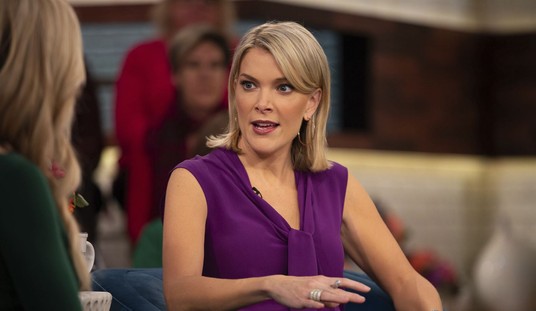Recently, congressional leadership received a letter from musicFIRST, an organization that represents the major record labels and other well-to-do music industry groups. The letter asked them to oppose the bipartisan effort to pass Sens. Ted Cruz and Ed Markey’s AM Radio for Every Vehicle Act — a bill to protect the country’s emergency alerting systems, which are powered primarily by AM radio — unless it is tied to unpopular music royalty reform legislation, which would generate billions of new dollars for the big record labels. This letter, wholly tone deaf to the thousands of North Carolinians who relied on AM radio during Hurricane Helene, left a sour note in my ears as well as those of many of the country’s first responder and emergency management professionals.
When the skies turned dark and the heavens unleashed their raw power on western North Carolina last September, the threads that hold our community together were torn asunder.
Floodwaters swallowed up towns, and raging waters stranded people. Landslides washed out roads and bridges, power lines fell, the Internet became a memory, and cell towers became useless. Many survivors lost family members, homes, and even the means of escape.
As a first responder, I’ve seen my share of emergencies, but nothing prepared us for Hurricane Helene—a disaster that silenced almost every way we communicated (cell phones, Internet, TV) except one. AM radio became our lifeline. In a crisis that claimed over 100 lives and left thousands stranded, AM radio was the only place to get real-time updates on power outages, evacuation orders, and recovery resources.
In those desperate hours, AM radio delivered more than just information—it delivered hope. We could tell people where to find the nearest shelter, which roads were open, and when help would arrive. Neighbors learned where to get clean water and how to contact loved ones. That steady voice on the dial reminded them that they weren’t alone, that someone was out there trying to help.
Even in the most remote hollers, folks without power could climb into their cars and hear updates—road closures, resource drops, or the comfort of knowing help was coming. These voices carried us through a disaster that wrecked tens of thousands of homes and left bodies in the mud.
Recommended
For many, AM radio was lifesaving. For thousands of others, AM radio was an invaluable resource in the worst conditions imaginable. And, for public safety officials like me, AM radio was not optional – it was critical to keeping people safe and out of harm’s way.
Sadly, some automakers are removing AM radios in their vehicles. They prefer that consumers instead use digital infotainment systems — cash cows for the automakers, which sell the consumer data on them to third parties. The problem with this is in situations like Helene, when there is no Internet, these digital systems do not work.
That is why strong bipartisan majorities in both the U.S. House of Representatives and Senate have signed on as supporters of the AM Radio in Every Vehicle Act, which would require automakers to maintain access to AM radio signals as a safety requirement. The majority of Congress agrees with what the coalition of Florida, Georgia, and North Carolina public safety officials stated in a 2024 letter to Congress — AM radio saves lives.
Despite the overwhelming support the AM radio bill has, musicFIRST and other entrenched music interests are saying “not so fast.” They are asking Senators and House Members to block the passage of the AM Radio for Every Vehicle Act unless it includes obscure copyright reforms that would net billions of dollars for the big record labels.
This is absurd. Only in Washington, D.C. could music industry lobbyists think that holding public safety hostage for political considerations is a good idea.
The sad reality is that the music industry lobbyists are playing politics with safety of Americans across the country. As a public safety official who has witnessed firsthand the impact AM radio has on communities torn apart by disaster, I can unequivocally say that what the big music companies and their lobbyists are trying to do is completely below the belt.
Let’s hope that Congress rejects these dangerous games being played by the music industry and passes the AM Radio for Every Vehicle Act. Lives depend on it.
Roy G. Taylor, Ph.D. is the former Chief of Police for Liberty, Norwood, and Bladenboro North Carolina.

























Join the conversation as a VIP Member